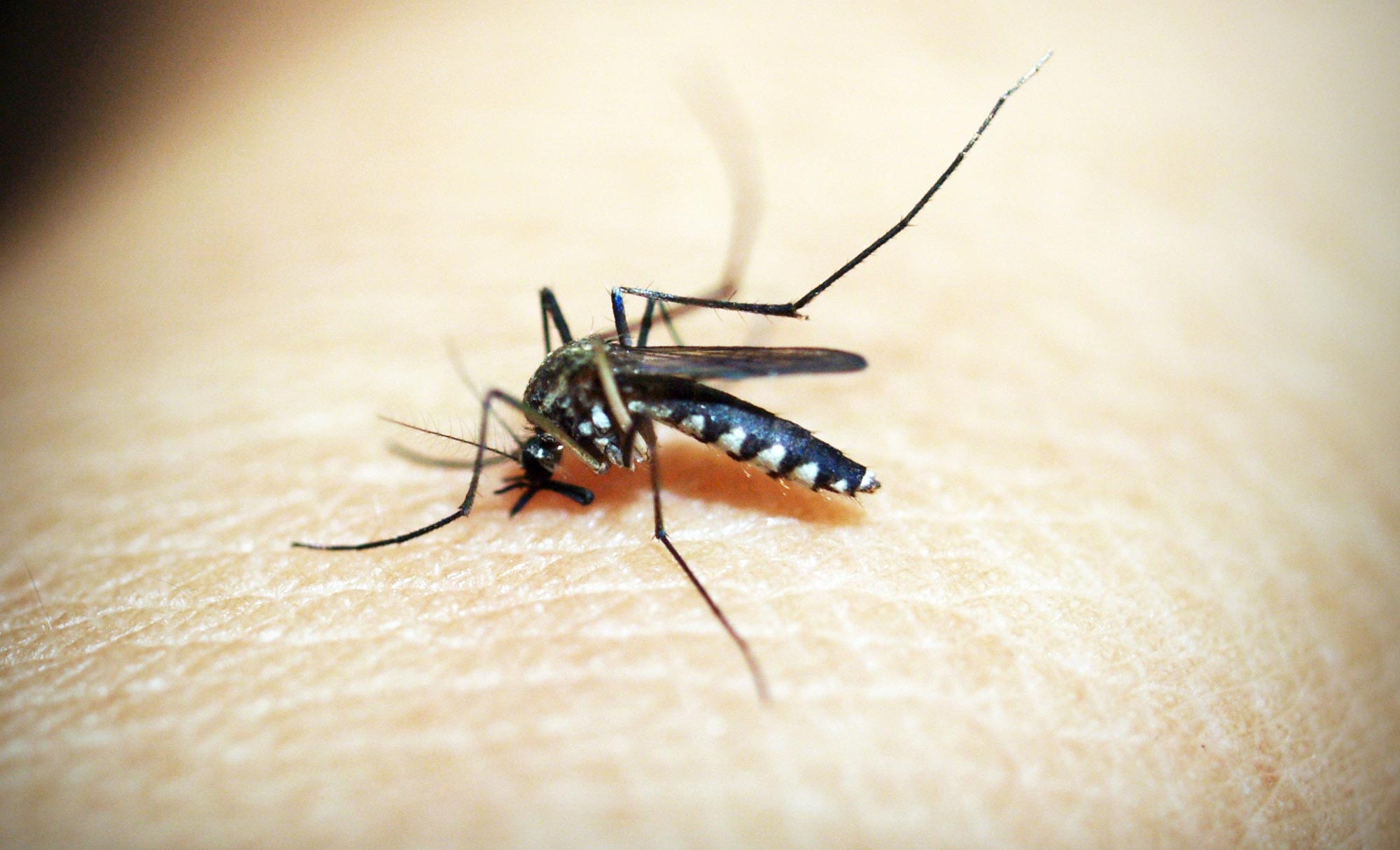
Chlamydia and male fertility
Chlamydia has been previously been associated with women’s infertility, but research has found undiagnosed STIs in males can also impact their fertility.

Chlamydia has been previously been associated with women’s infertility, but research has found undiagnosed STIs in males can also impact their fertility.

There have been studies linking DNA damage in a man’s sperm and recurrent miscarriage, and a recent study coming out of the

The food you eat can help increase the health of sperm, and if you’re looking to improve chances of pregnancy, you might

It has been well documented that oxidative stress damage can have a significant effect on sperm, negatively impacting a man’s fertility.

Healthy lifestyle changes are always encouraged on a fertility journey, and research is highlighting the importance now more than ever.

Men looking to provide a sample should abstain from sexual activity for a certain time period.

While your fertility journey may leave you frustrated, you may wonder if your diet can improve your chances. The short answer is

Scientists have now been able to gain a greater understanding of the pain mechanisms involved with endometriosis.

The vast majority of Zika infections are not contagious from person to person, however it may be transmittable during sex or pregnancy.
Every story written here comes from Fertility First's Research Team, a group of scientists that doesn't just talk about the science behind fertility and reproduction, it lives and breathes it. Staffed by the doctors and scientists working behind the scenes at Fertility First, this team of dedicated embryologists, andrologists, and fertility experts collectively has over 40 years experience in the field.
Yes, chronic stress can impact fertility by disrupting hormonal balance and ovulation patterns. Managing stress through relaxation techniques, regular exercise, adequate sleep, and mindfulness practices may help optimise your chances of conception. Consider speaking with a counsellor if stress feels overwhelming.
Sperm health accounts for about 40% of conception challenges. Your partner can improve sperm health by maintaining a healthy weight, avoiding excessive heat exposure (hot tubs, saunas, tight clothing), limiting alcohol, quitting smoking, managing stress, and taking a multivitamin with antioxidants. Sperm takes about 3 months to develop, so lifestyle changes need time to show results.
Your fertile window typically spans 5-6 days, ending on ovulation day. For a regular 28-day cycle, this usually falls between days 10-15, with peak fertility 1-2 days before ovulation. Track your cycle using ovulation predictor kits, basal body temperature, or cervical mucus changes to identify your unique pattern. Having intercourse every 1-2 days during this window optimises your chances.